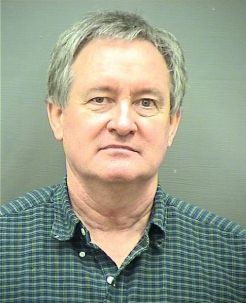
When prominent psychologist Jesse Bering wrote an article last July titled “Don’t trust the godless”, I was pretty puzzled. Bering, an admitted atheist, trashes his own fellow non-believers as untrustworthy. This is based on some lab studies, in which confronting subjected with religious themes/imagery makes them less likely to cheat. So Bering concludes, in the real life, those who wear their faith on their sleeve are more likely to be trustworthy. Right?
Wrong.
In reality, using apparent piety as a sign of “goodness” is inherently flawed. Many evil characters (from Osama Bin Laden to Bryan Fischer) are/were nasty precisely BECAUSE of religiosity, not despite it. But there is another reason what Bering suggested is a very bad idea: putting emphasis on religiosity as a sign of trustworthiness leads to hypocrisy. You trust people to be doing what their faith is telling them to be doing, and you will be shocked when you catch them doing the exact opposite. How many more examples do we need to learn that lesson: Ted Haggard, David Petraeus, George Alan Rekers?
Well, now we get another one: Michael Crapo. That is, Senator Miachael Crapo (R-Idaho), who just pleaded guilty to DWI. Crapo is mormon, and not just any mormon: he is a mormon bishop. So much for his faith frowning on drinking.
So you are going to trust your life on the road with mormon bishops rather than atheists, Jesse?
